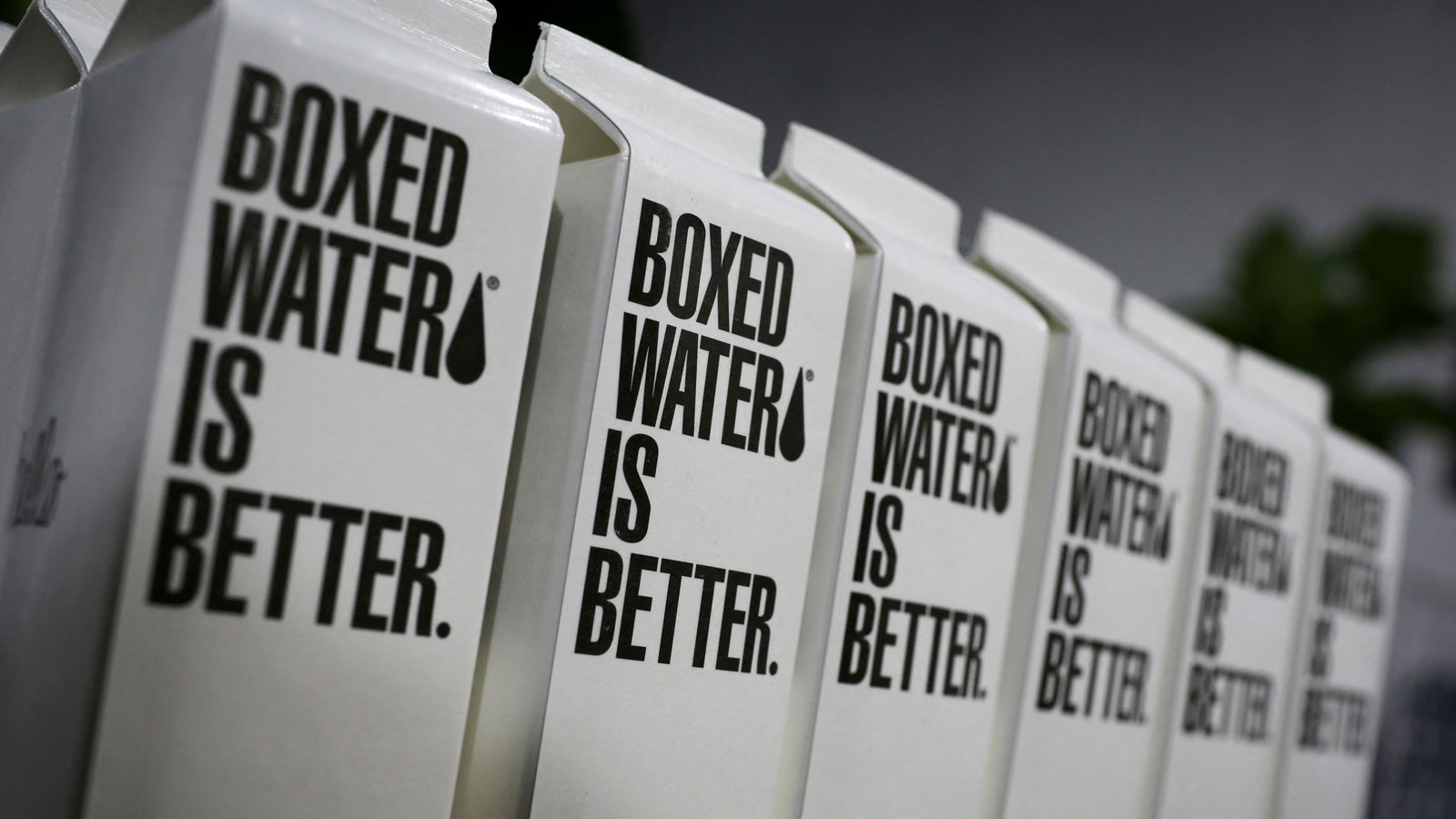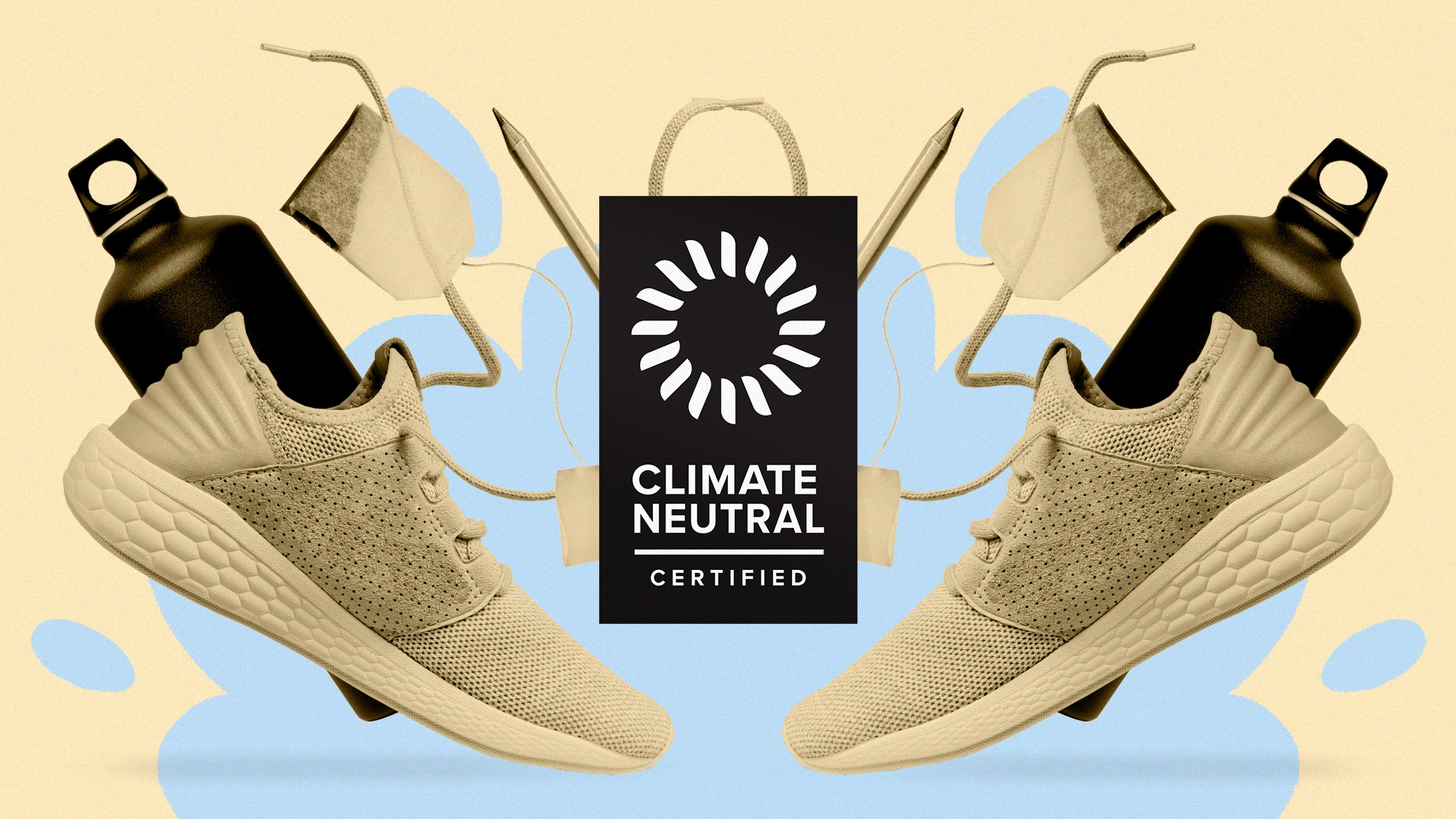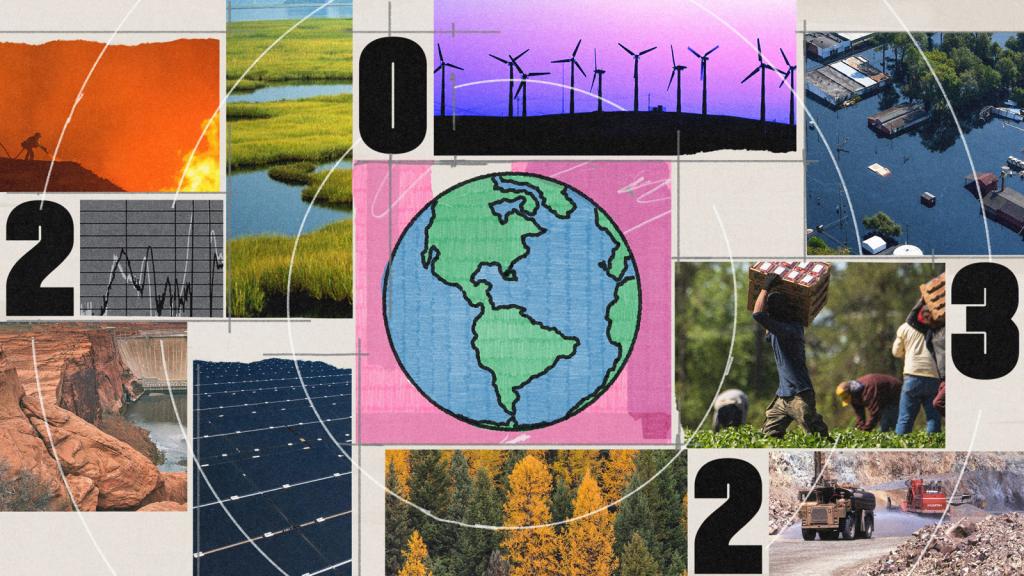Ken McEldowney is executive director of Consumer Action, a consumer education and advocacy nonprofit organization.
Consumers are faced with a dizzying array of eco-friendly marketing terminology — claims like “natural,” “recyclable,” and “green” are all over products in supermarket aisles. And surveys have shown that people, especially the under-40 set, are increasingly willing to pay more for products they perceive as sustainable. Unfortunately, many of these claims don’t pass the smell test.
One of the worst offenders when it comes to misleading consumers is the ubiquitous carton — that staple of packaging for everything from dairy and nut milks to wine. Many carton manufacturers claim their products are primarily plant-based and 100-percent recyclable, with a smaller carbon footprint and a commitment to emissions reduction. But while many of them may contain “plant-based” cardboard (so-called because it is made from paper, which is made from trees), they may also have plastic spouts and layers of plastic and aluminum, which makes them extremely difficult and expensive to recycle. (Some also tout “plant-based plastic,” which has all the same detrimental downstream impacts as any other plastic.)
According to Earth 911, cartons are accepted by curbside recycling programs, which are available to 63 percent of U.S. households. However, while six in 10 households can put their cartons in the blue bin, that doesn’t mean the local recycling facility breaks them down. Combining plastics and aluminum creates a polyaluminum that essentially renders both materials non-recyclable, while the cardboard is often downcycled into cement or building materials.
In 2019, Fast Company reported that just 16 percent of cartons in the U.S. are actually recycled. A 2014 report from Californians Against Waste found that despite more curbside-collection availability, actual recycling of beverage cartons had remained “negligible.” In Massachusetts, most waste-management companies recommend that cartons just go in the trash.
Mashable called cartons “the most maddening piece of packaging” and found that in the San Francisco Bay Area, cartons collected in curbside recycling bins are typically baled and shipped thousands of miles for processing in Mexico, where they are turned into environmentally unfriendly products like cement, incinerated with other plastic waste, or simply landfilled.
Despite these environmental concerns, the popularity of cartons continues to grow. Tetra Pak, the largest carton manufacturer in the world, sold 183 billion food and beverages packages last year alone — up from 178 billion in 2013.
If claims of cartons’ superiority rest on their ability to be recycled, then cartons are not any better than plastic bottles, and may well be worse.
Recently, Alaska Airlines announced a partnership with the Boxed Water Is Better company. The airline touted the move as reducing waste, but as activist and blogger Jimmy Candou pointed out, “the biggest problem with boxed water is the box itself,” because “only a handful of facilities” can actually recycle it. His conclusion: “Boxed water isn’t better.”
It’s extremely complicated to make a side-by-side comparison of cartons to plastic bottles — manufacturers have competing life-cycle analyses that may or may not account for the impacts of initial petroleum extraction and refinement. Cartons are lighter and more efficient to transport, but that must be balanced against the emissions created by the multiple processes involved in their manufacture and the carton waste — plastic and otherwise — that gets downcycled or landfilled rather than recycled. If claims of cartons’ superiority rest on their ability to be recycled, then cartons are not any better than plastic bottles, and may well be worse (unlike a carton, a plastic bottle may have a second or even third life.) Still, food and beverage companies, such as Colavita and Just Water, lean heavily on sustainable-packaging and eco-friendly claims in their marketing.
Companies are engaging in a marketing sleight of hand, focusing messaging more on the carton’s ostensibly less polluting materials rather than what happens to it after it ends up in the recycling bin. (And remember that four out of 10 consumers can’t even drop cartons in a recycling bin.) These brands, of course, are not responsible for the decisions of recycling companies, but their marketing choices amount to classic greenwashing nonetheless. Unfortunately, consumers may easily be persuaded by it. Most of us have little choice but to take product claims at face value, because we lack the expertise, time, and resources to verify them independently. Furthermore, we want to believe they’re true.
The unfortunate reality is that the familiar and comforting triangle symbol that we’ve come to understand as “OK to put in the recycling bin” is effectively meaningless in many parts of the country. Almost every packaging type these days features that recycling icon, but whether it’s actually recyclable varies dramatically depending on where you live and how much trouble you’re willing to go to.
Aluminum and steel cans and glass bottles and jars justifiably feature the symbol: They are universally recyclable and can be repurposed repeatedly. By contrast, plastic bottles, jugs, and even some bags with a numbered symbol denote resin codes, not all of which are recyclable.
Those of us willing to take the extra time (and cash) to buy more sustainable products might consider looking beyond symbols and claims, and instead focus on the raw materials: Metal cans and glass are always better than cartons or plastic. We also must call out false marketing and reach out to food and beverage companies, and to the grocery stores and other retailers that sell their products, to demand that the packaging they offer is actually sustainable and recyclable. At the San Francisco airport, for example, the only way to drink water is to bring or buy a reusable bottle. There, boxed water is in the same category as bottled water: Both are banned.
Companies with a true interest in sustainability should transition as much as possible to infinitely recyclable glass or metal without adding undue cost burden to consumers. Considering equity in the context of sustainability decisions is important and must factor post-consumption pollution and landfilling, which disproportionately impacts communities of color.
If food and beverage companies cannot or will not stop their greenwashing, the Federal Trade Commission can enforce action under its “Green Guides” regulations, as environmental advocates have urged it to do in regard to plastic bottles that falsely claim to be “100-percent recyclable.”
If provable, greenwashing is illegal. It’s also dishonest and a drag on consumers’ time and money.
This post has been updated.
The views expressed here reflect those of the authors.
Fix is committed to publishing a diversity of voices, and we want to hear from you. Got a bold idea, fresh perspective, or insightful news analysis? Send a draft, along with a note about who you are, to opinions@grist.org.




